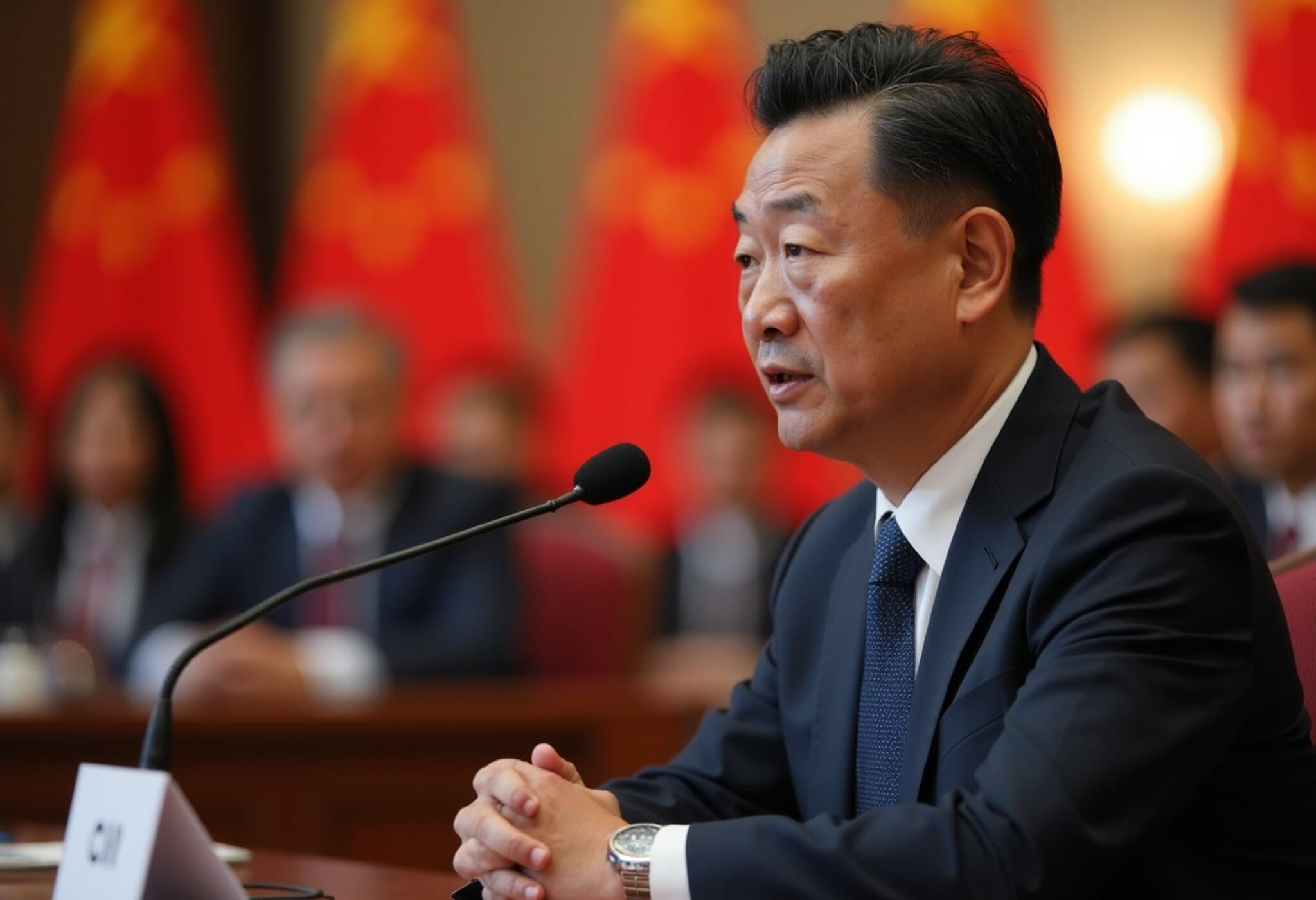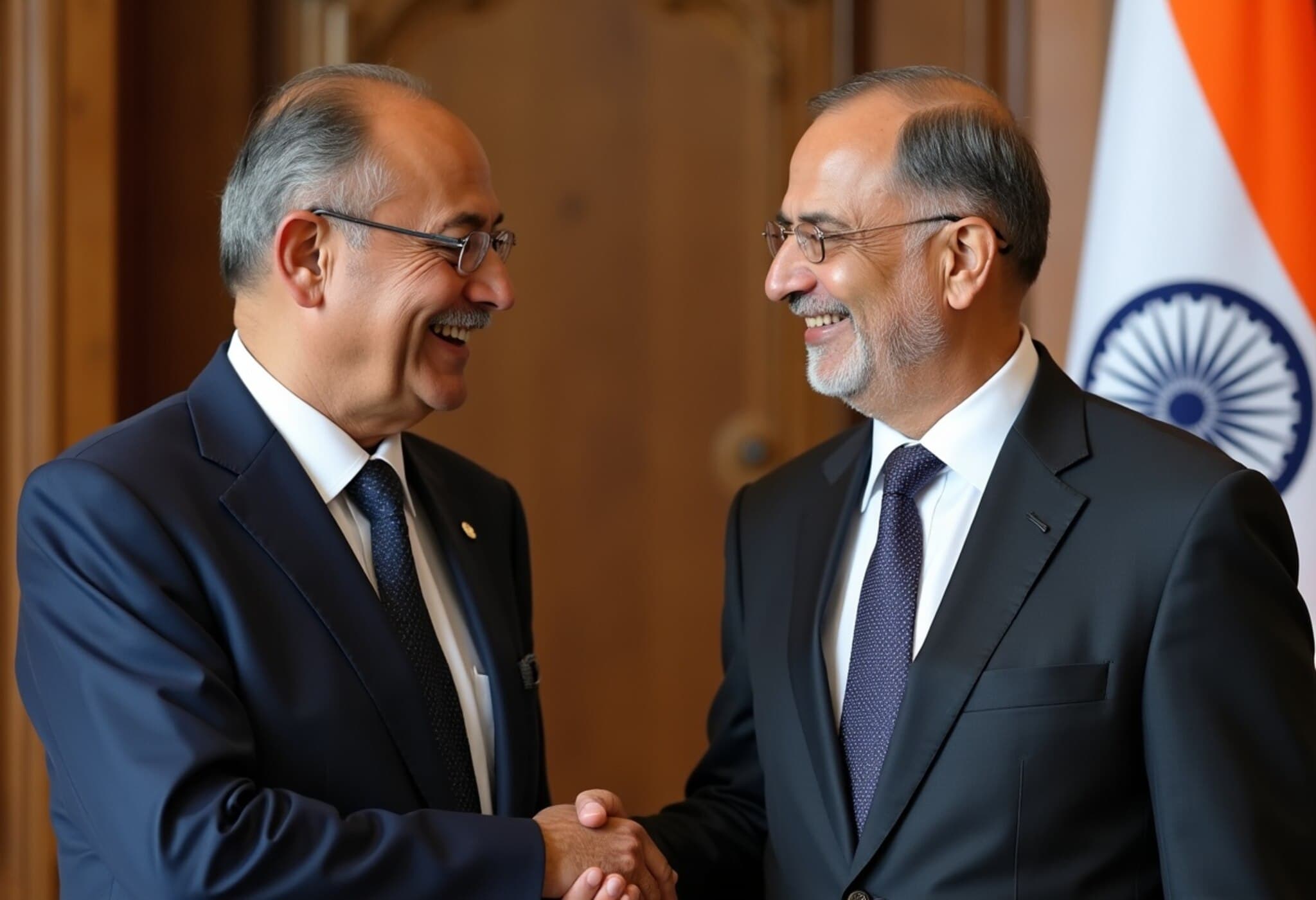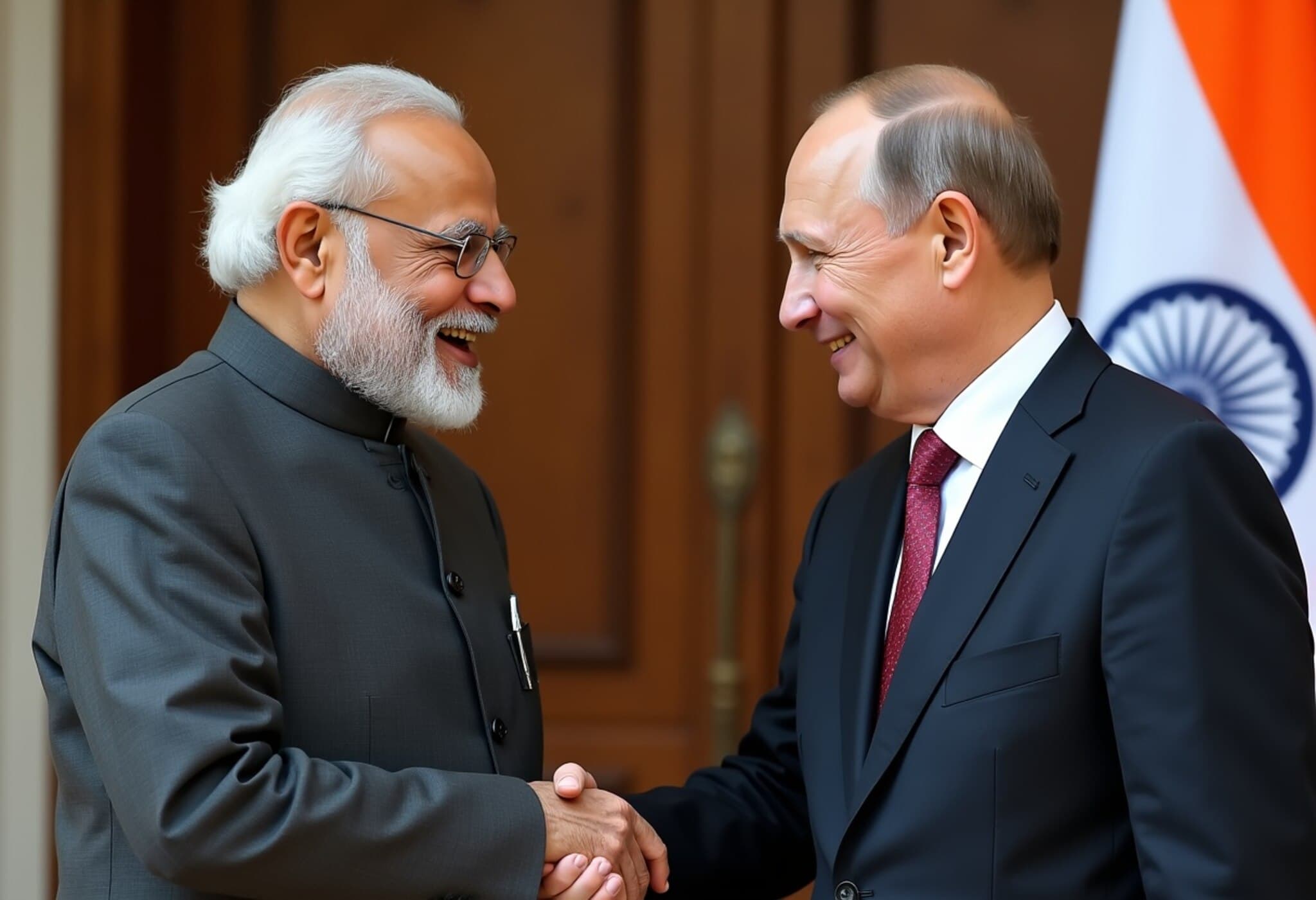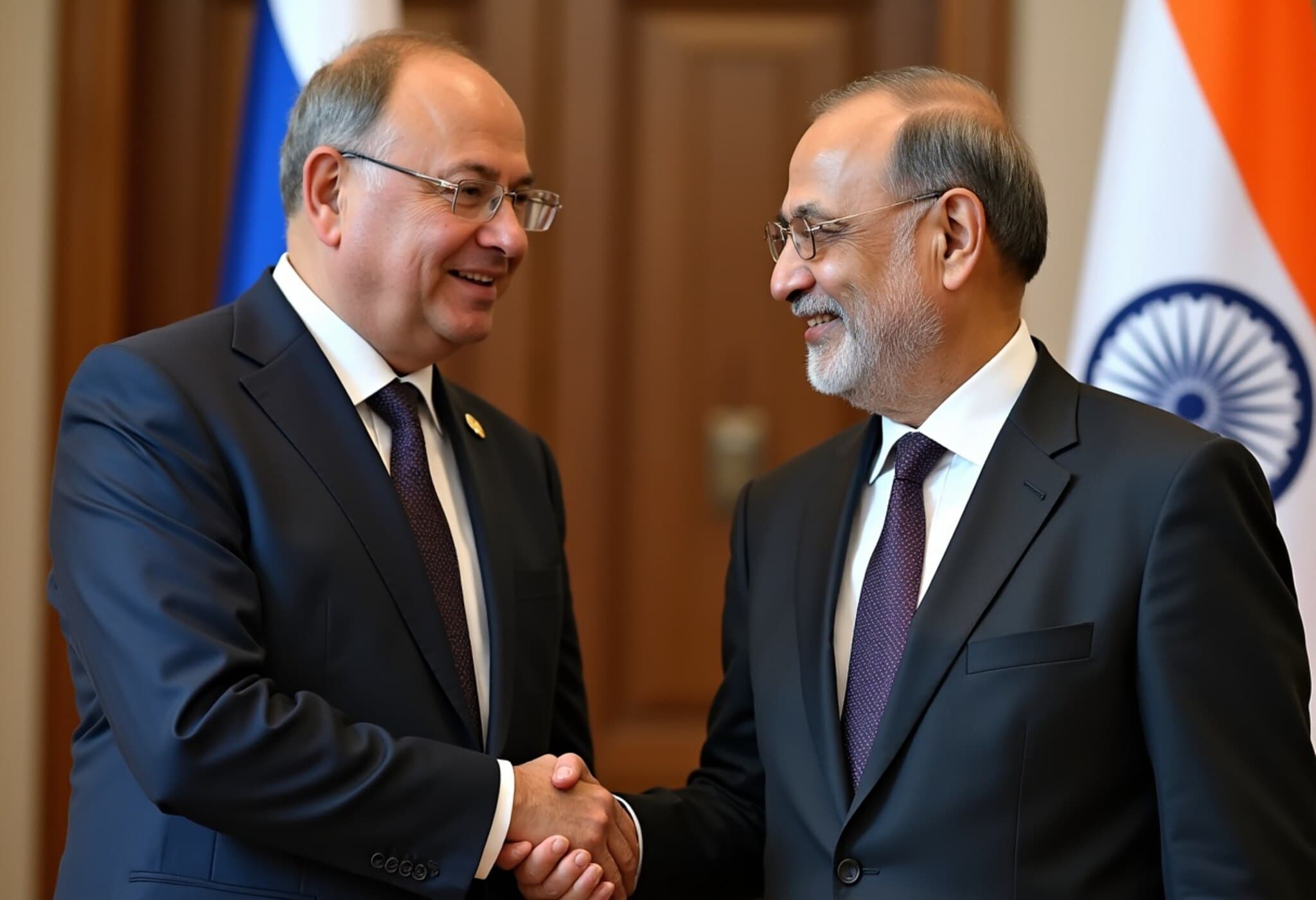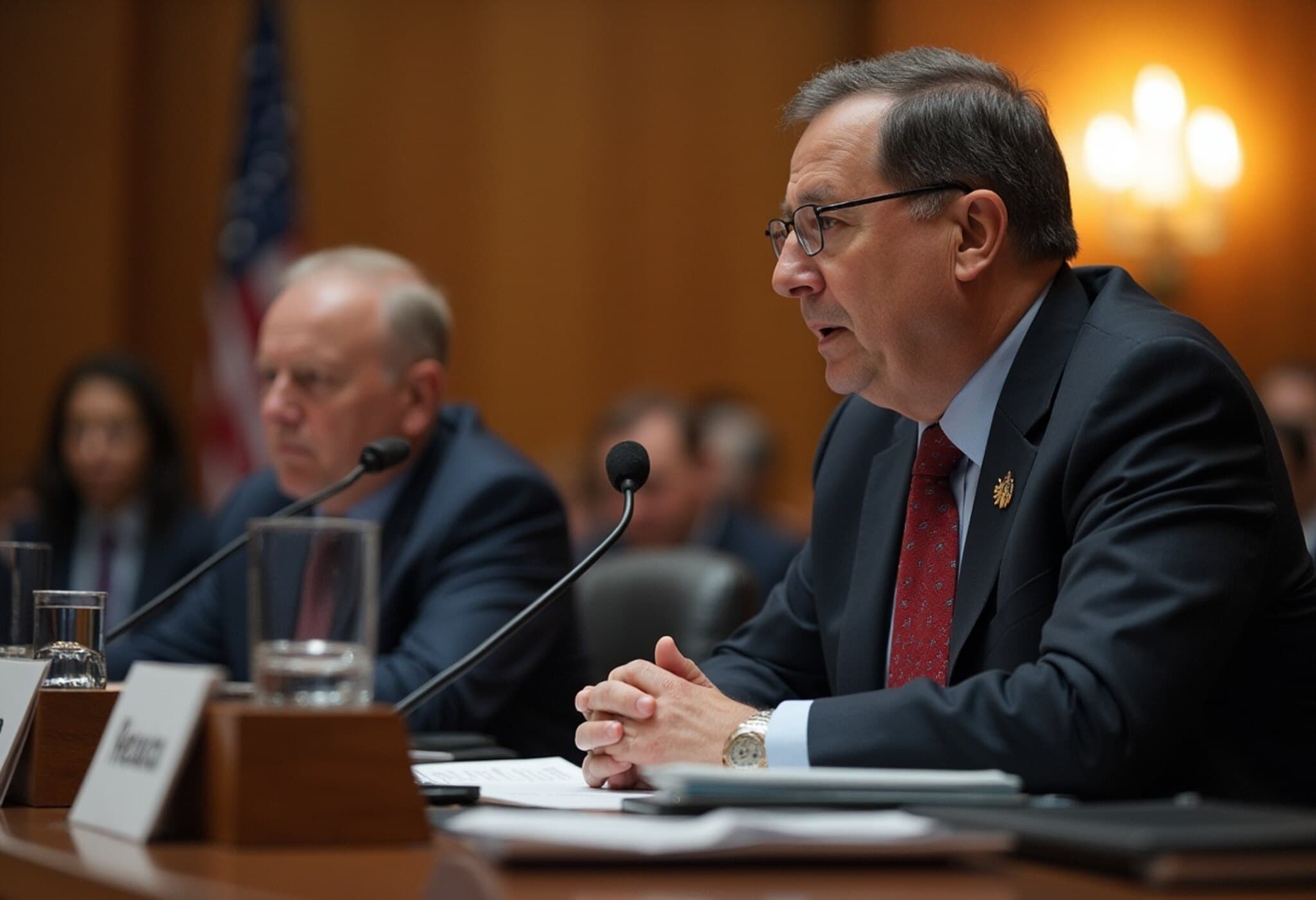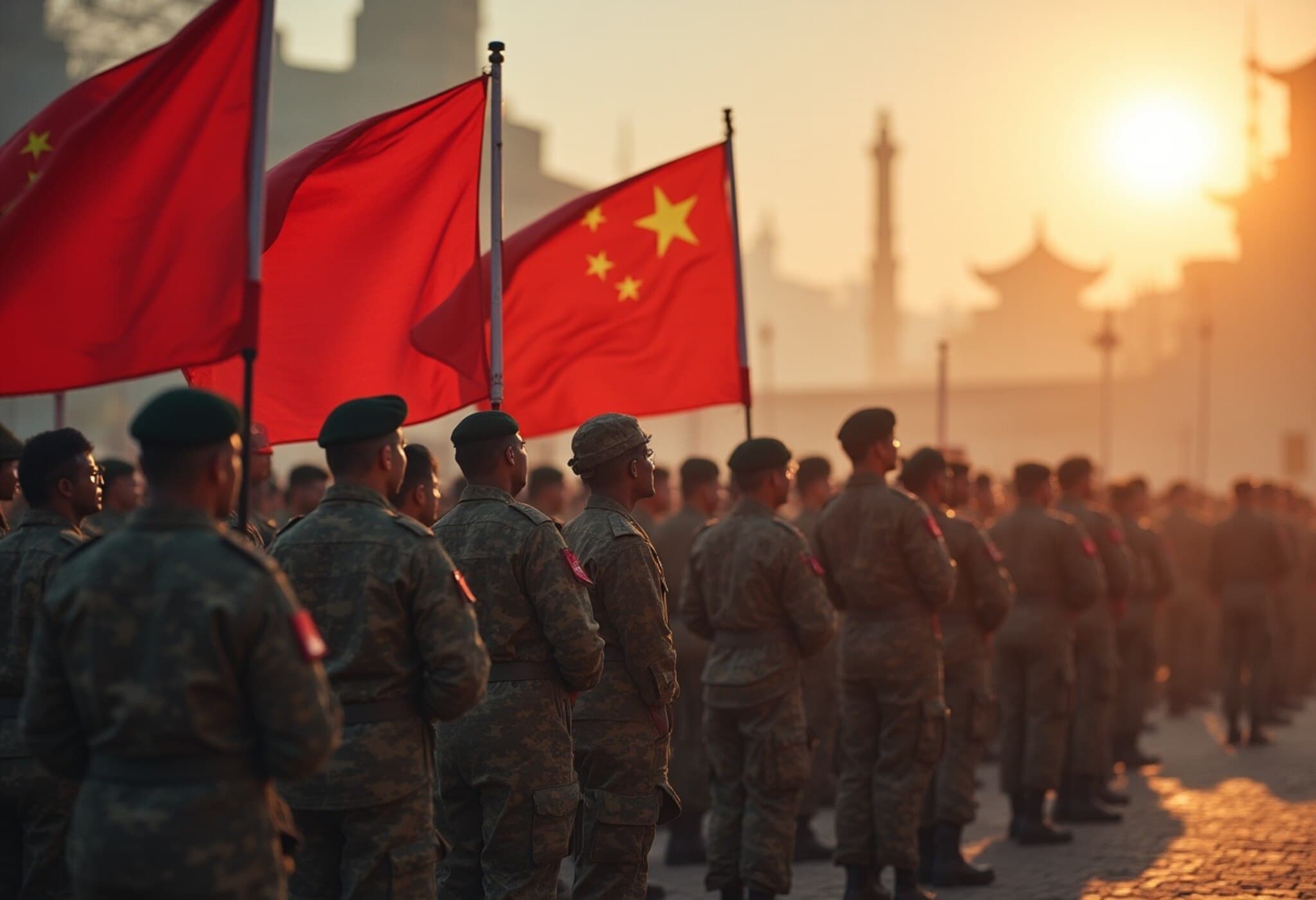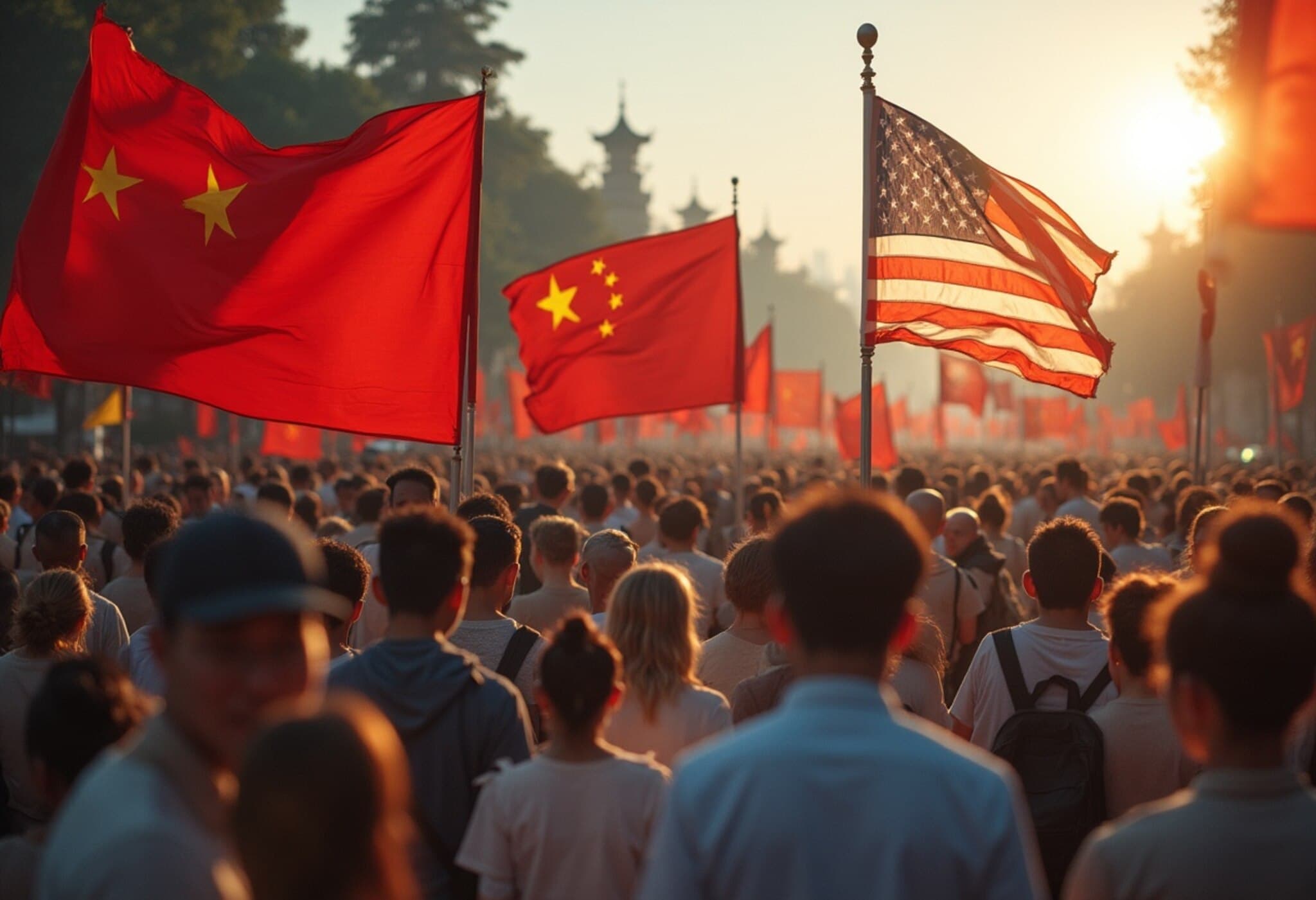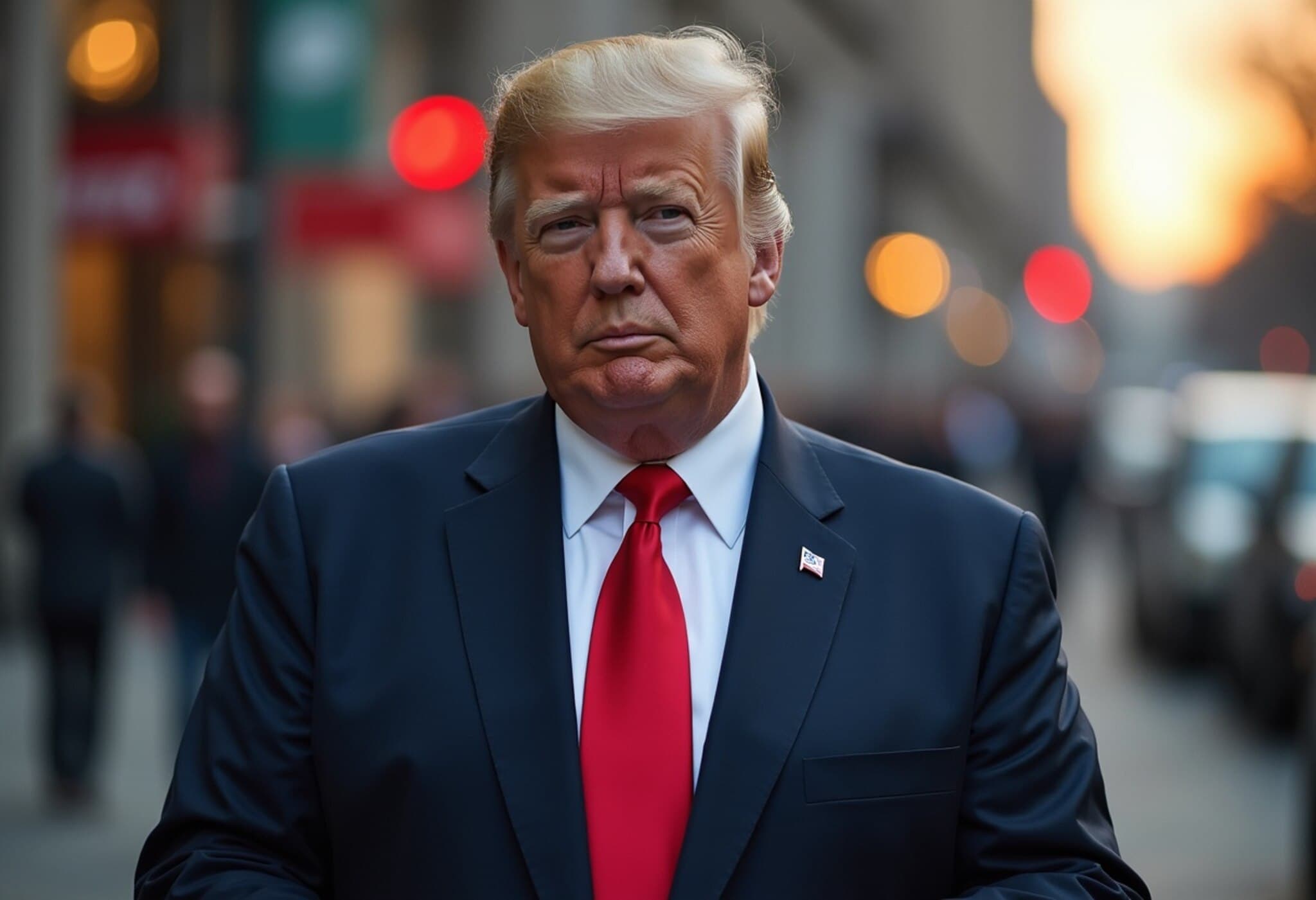Trump’s Airstrikes in Iran: China’s Surprising Silence
In June 2025, the US launched decisive airstrikes against Iranian nuclear facilities, marking a major military escalation in the Middle East. While numerous countries vocally condemned the attacks, China’s response was notably muted. Despite condemning the strikes as violations of international law, Beijing refrained from any meaningful diplomatic or military counteractions, raising questions about its global influence.
Decoding China’s Calculated Restraint
China’s reaction—stern rhetoric without significant intervention—highlighted the limits of its geopolitical clout. Although Beijing advocates for a multipolar world and has positioned itself as a stable alternative to US leadership, the Iran crisis revealed a gap between its ambitions and actual power. Key concerns include:
- China’s refusal to escalate despite heavy economic interests in Iran, notably its dependency on Iranian oil, which constitutes about 14% of its crude imports.
- Reluctance of Chinese companies to invest aggressively due to fears of US sanctions.
- Evacuation of Chinese nationals from Iran and calls for stability to protect vital energy supplies through the Strait of Hormuz.
The Strategic Stakes for Beijing
China’s diplomatic caution aligns with Xi Jinping’s broader strategy, prioritizing domestic stability and economic recovery over confrontational foreign policy. Beijing’s minimal military footprint abroad and preference for indirect influence mean it often avoids direct involvement unless its core interests are threatened.
Some analysts suggest that US military action in the Middle East might inadvertently benefit China by diverting American resources, while others warn that Washington’s readiness to use force could deter Beijing in sensitive areas like Taiwan.
China’s Complex Relationship with Iran
While China signed a $400 billion, 25-year strategic partnership with Iran in 2021, implementation has lagged, reflecting the tension between economic opportunity and geopolitical risk. Chinese companies tend to avoid Iran to sidestep US sanctions, limiting Beijing’s leverage during crises.
Global Perceptions and Future Prospects
China’s hands-off approach has generated skepticism among countries in the Global South and the Middle East, where there is growing demand for reliable crisis partners rather than economic benefactors alone. Beijing’s ability to convert economic investments into meaningful geopolitical influence remains uncertain.
Looking ahead, China is expected to continue cautious engagement, focusing on securing economic interests, particularly energy supplies, while avoiding escalation with the US. Its diplomatic involvement will likely emphasize infrastructure projects and measured quiet diplomacy rather than direct confrontation.
Implications for Taiwan and Beyond
The US’s assertive actions in Iran may recalibrate Beijing’s calculus on Taiwan. Some experts believe Washington’s demonstrated willingness to use force could act as a deterrent against potential Chinese military moves in the Taiwan Strait. Conversely, prolonged US entanglement in the Middle East could ease pressure on China in other strategic theaters.
Conclusion: China’s Ambitions Tested
The Iran crisis has revealed the true extent of China’s global ambitions and their limitations. While Beijing flaunts a vision of a multipolar world, its cautious diplomacy and reluctance to exert military power leave the stage largely dominated by the US. Whether China will translate its economic weight into comprehensive geopolitical influence remains an open question.


